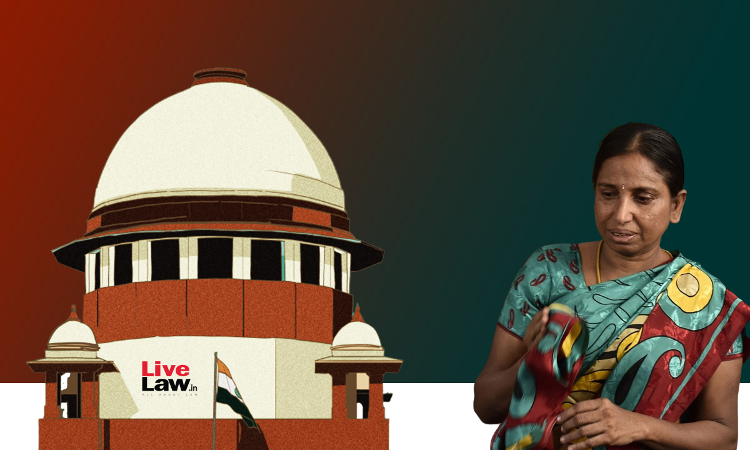The Tamil Nadu government has filed its reply in the special leave petitions filed by Rajiv Gandhi assassination convicts Nalini Srihar and R.P. Ravichandran seeking premature release.The reply affidavit filed by the State government submitted that it is the competent authority to take decision of the petitioner's pleas under Article 161 of the Constitution. It further stated that the decision...

